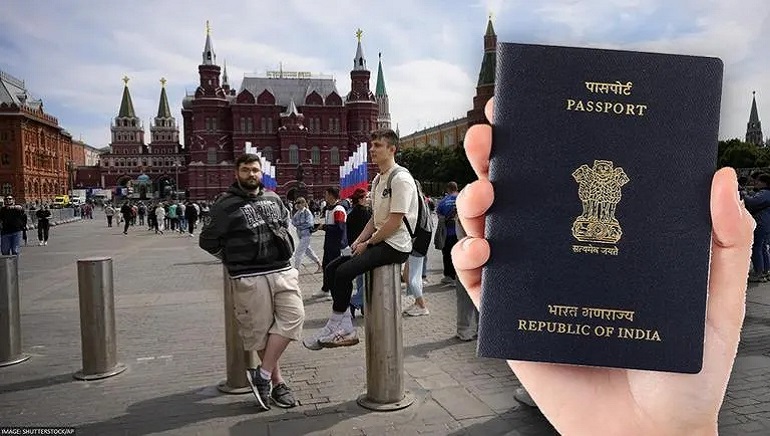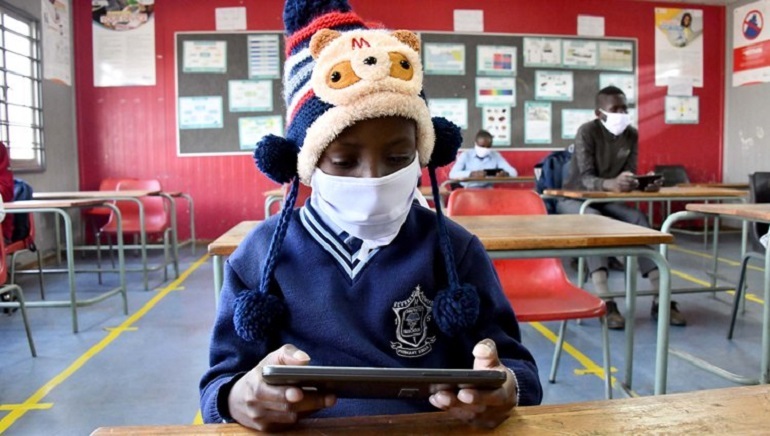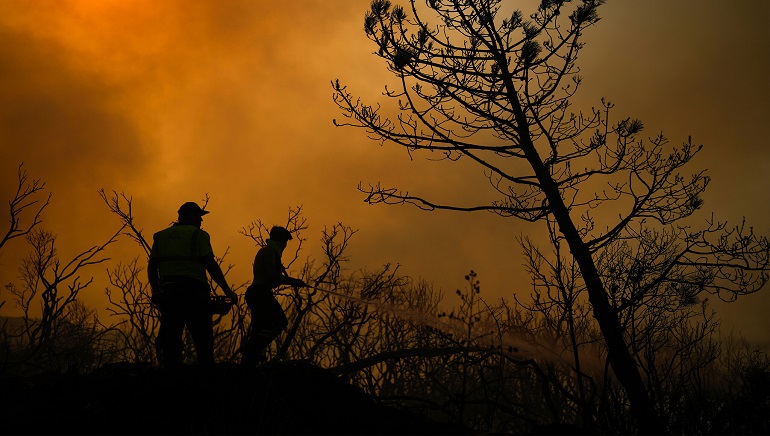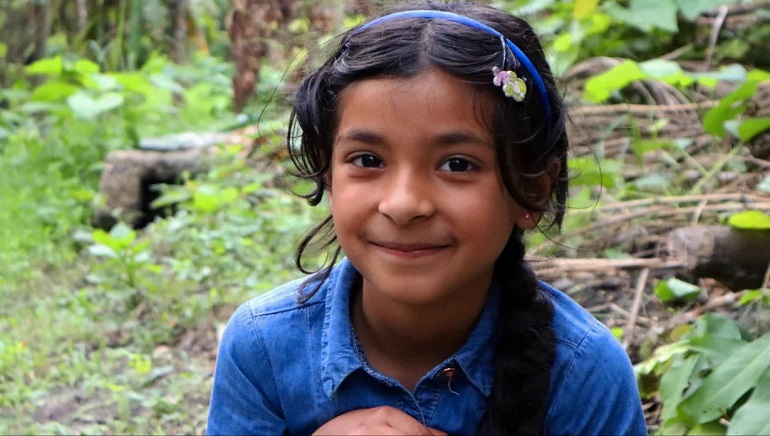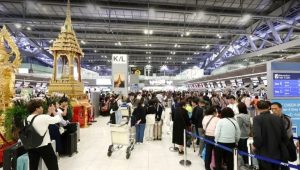Russia has introduced an “e-visa” system effective from August 1 this year, to simplify the visa process for travellers visiting the country. The facility is available to 52 countries, including India, allowing travellers from these nations to apply for the e-visa. The Ministry of Public Security of Russia has established the e-visa system to “simplify visa applications.”
The e-visa can be used just like any other regular visa, avoiding the need to check with embassies or any other associations. It facilitates entry into the Russian Federation for purposes, such as business trips, guest visits, tourism, and others.
The electronic and biometric visa grants the same rights as a regular visa. It remains valid for 60 days, during which the visa holder must enter Russia. Once in the country, the e-visa allows a stay of up to 16 days.
Due to the COVID-19 pandemic and the resulting global travel restrictions, Russia suspended the e-visa service in 2020. With the service now resumed, travellers can again get their visas hassle-free. For the visa, people planning to visit Russia must complete their travel application through an online process. The application will have to be submitted at least 72 hours prior to their intended trip to Russia.
If authorised, the traveller’s trip is approved, and they will receive their visa upon arrival in Russia from the relevant authorities. In the event of non-authorisation, the traveller must apply for a temporary residence visa at the Embassy of Russia before their travel to the country.





